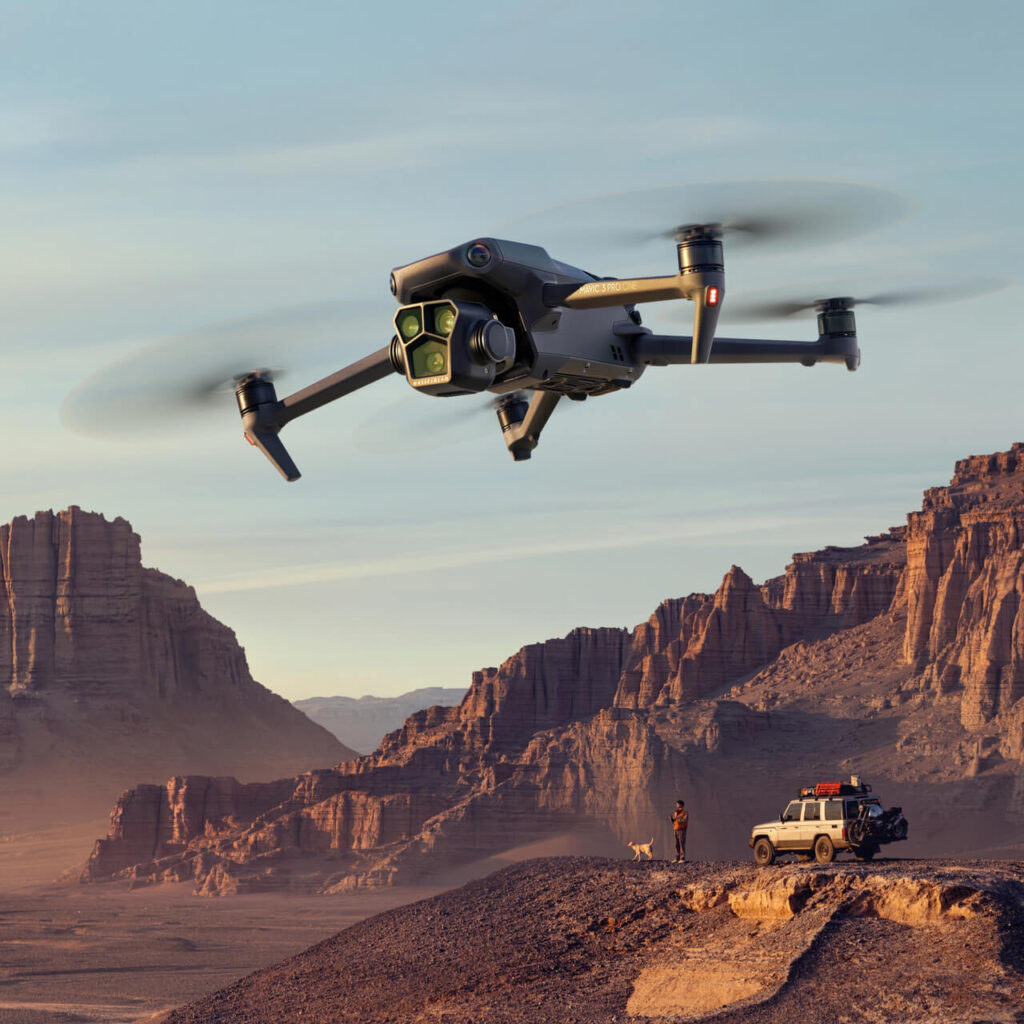The rapid growth of the drone industry in India has been nothing short of remarkable. With applications ranging from agriculture and infrastructure inspection to disaster relief, drones have become a valuable tool in various sectors. However, to ensure the safe and responsible integration of drones into Indian airspace, the government has implemented a series of regulations. In this article, we will delve into the key aspects of drone laws and regulations in India, providing insights into the categories of drones, registration and licensing requirements, operating restrictions, penalties for violations, and more.
Drone Categories
In India, drone regulations are primarily categorized based on the weight of the drone. There are four main categories:
Nano Drones: Weighing up to 250 grams, nano drones do not require registration or a license.
Micro Drones: Weighing more than 250 grams but less than or equal to 2 kilograms, micro drones need to be registered but do not require a license.
Small Drones: Weighing more than 2 kilograms but less than or equal to 25 kilograms, small drones necessitate both registration and a remote pilot certificate.
Large Drones: Weighing more than 25 kilograms, large drones require registration, a remote pilot certificate, and a flight permit.

Registration and Licensing Requirements
To register a drone in India, prospective drone owners must complete an online registration form and pay a corresponding fee. The Directorate General of Civil Aviation (DGCA) is the governing body overseeing this process.
For those wishing to operate drones professionally, obtaining a remote pilot certificate is mandatory. This requires passing a written examination conducted by the DGCA. The exam can be taken online or at an authorized testing center.
Operating Restrictions
Flying a drone in India comes with a set of operating restrictions aimed at ensuring safety and security:
Drones are prohibited from operating within a 12-kilometer radius of airports.
Flying over crowds, sensitive areas (such as military bases and government buildings), and at night is strictly prohibited.
Maintaining visual line of sight with the drone at all times is mandatory.
Penalties for Violations
Stringent penalties have been established for violating drone laws and regulations in India. Individuals found in breach of these rules could face fines of up to ₹1 lakh (approximately US$13,000) or imprisonment for up to two years, or both. These penalties highlight the government’s commitment to preventing misuse and promoting responsible drone use.
Conclusion
As the drone industry continues to expand in India, it is crucial to understand and adhere to the existing laws and regulations. By following these guidelines, drone enthusiasts and professionals contribute to the safe and beneficial integration of drones into various sectors. With a solid foundation of rules in place, the Indian drone industry holds the potential to soar to new heights while ensuring the well-being of its citizens and resources.
Remember, for the most up-to-date information on drone laws and regulations in India, always refer to official sources like the Directorate General of Civil Aviation (DGCA). Whether you’re an enthusiast, a professional, or simply curious about drones, staying informed is the first step toward responsible drone operation.




